Yield is the annual rental income divided by the property market value times by a 100. A property valued at £100k, with a rental income of £10k, has a 10% yield.
Every property investor wants to know about the yield, but how does yield really help an investor decide on a deal.
Yield can definitely break a deal, but not necessarily make a deal. To explain this, some assumption has to be made. Majority of investors optimally leverage with a mortgage of 75% LTV and aim for positive cash-flow. For those who are not are either not optimally leveraged, or running a negative cash-flow asset and speculating on capital growth.
Deciphering yield
By just knowing the yield (rental income) without the costs (mortgage interest, ground rent, service charges, estate agent fees, repairs/maintenance, estimated voids) it is impossible to work out the cash-flow. The costs do vary slightly based on the location and type of property (particularly leasehold or freehold), but in general, 2.0-2.5% of the yield is required for the mortgage interest, and another 3.0-3.5% is needed to cover other costs. Totaling of 5-6% costs. These figures are created with some generalised assumptions and will need to be tailored for the location and type of properties you are investing in. Therefore, to keep a property of £200k in a good condition, will incur a cost of about £10k to £12k a year (5-6%).
Yield breaking a deal
From the example above, a yield of between 5-6% will enable you to break even on cash-flow (yield equals cost). For this reason, for my property portfolio, deals with yields below 6% will categorically not be considered. Yield enables you, as a property investor to rule out deals very promptly and effectively. Just to give you a general idea, my property portfolio yields ranges from 7 to 11% on single buy-to-lets, optimally leverage with positive cashflow.
Hence, yield only helps to qualify the deal for consideration, not to help make the decision to acquire the deal. Over 90% of the above 6% yield deals provided to me are rejected on further analysis based on my investment criteria model on capital growth and cash-flow forecast, location, population size, salary-to-property price ratio, type of property, walkscore, crime statistics, sizes of the living/bedrooms and so on.
Screening tool
Therefore, yield is only as good as a quick screening tool on property deals, and the magic number appears to be a minimum of 6%.


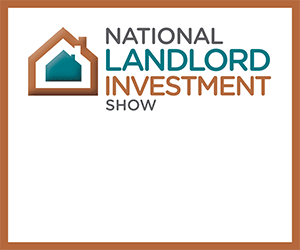





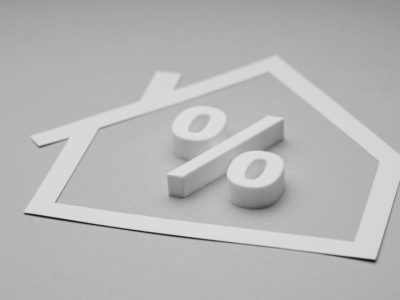


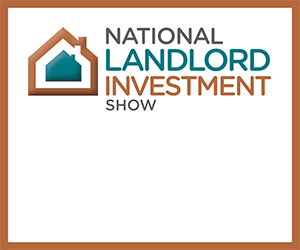


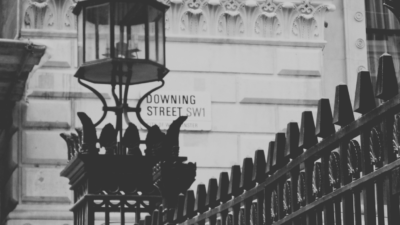

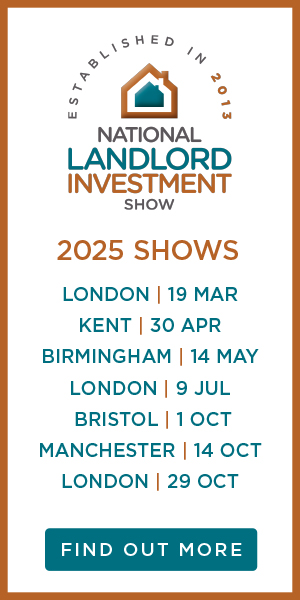
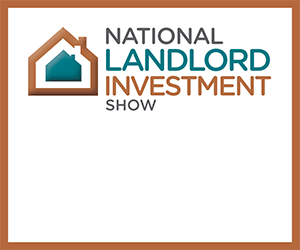
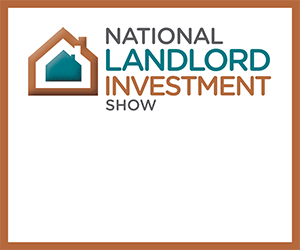


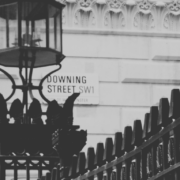



Comments